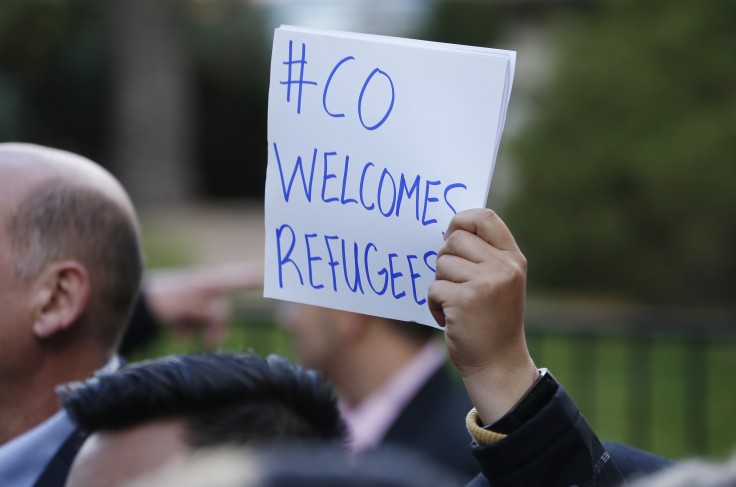This third installment focusing on Syrian refugees will address what a refugee goes through when he or she finally makes it to the United States and what we, especially those of us in Colorado, can do to help.
Once a refugee has passed the security clearance screening, they then fly to one of five designated airports in the United States. Border Protection checks their documents and conducts additional security checks. Then, the refugee is assigned to a refugee relocation services program. In Colorado, the Colorado Department of Human Services oversees the refugee relocation programs conducted by the Lutheran Family Services and the African Community Center.
These two programs help refugees find a place to live, work, and study. They also help them learn English, find medical care, and provide lawyers who can help with their legal questions. In 2013, the last year for which statistics have been released, 1,708 refugees arrived in Colorado. They live in several towns and cities throughout the state, but mostly along the front-range, with the majority living in Denver. In 2016, nearly 50 Syrian refugees arrived in Colorado. Again, it bears repeating, in order for a refugee from Syria to enter the United States, that person must go through 18-24 months of extreme vetting. That vetting determines if the person poses any potential risks to the country. If a risk is discovered, they are not allowed in.
Once a refugee is settled and integrated into a community, that refugee creates an economic benefit to the community. A recent study showed that for every $120-$126 of aid given to a refugee in Rwanda, that same refugee created an annual real income benefit of $205-$253 to the community. Utica, New York, a town that once saw dwindling numbers of residents and sustained economic decline, has now seen a turnaround because it has welcomed so many refugees.
Economist Jeffrey Sachs points out that while there are some negative consequences to hosting refugees in a community (they pay fewer taxes and generally rely on social services until they can become established), they also add economic benefits by bringing added skills to the workforce and earning less than what they could contribute to society as a whole.
Other cities, like Cleveland, have seen massive economic benefits in welcoming refugees. The city initially invested $4.8 million in resettling refugees. The economic benefit to the community resulted in $48 million, a 1000% return on investment. This is partly because refugees are often entrepreneurs who disproportionally create jobs and stimulate demands for new products and services in their local communities.
Having established that Syrian refugees are extremely vetted, are moving to Colorado, and, if they are like other refugees, will create an economic benefit to the community, the question then becomes, how can we help them? Both Lutheran Family Services and the African Community Center need volunteers that will meet refugees at airports and then drive them to their new homes. They need volunteers who can furnish their apartments, teach them English, and act as a local guide to help them become acquainted with their new homes.


